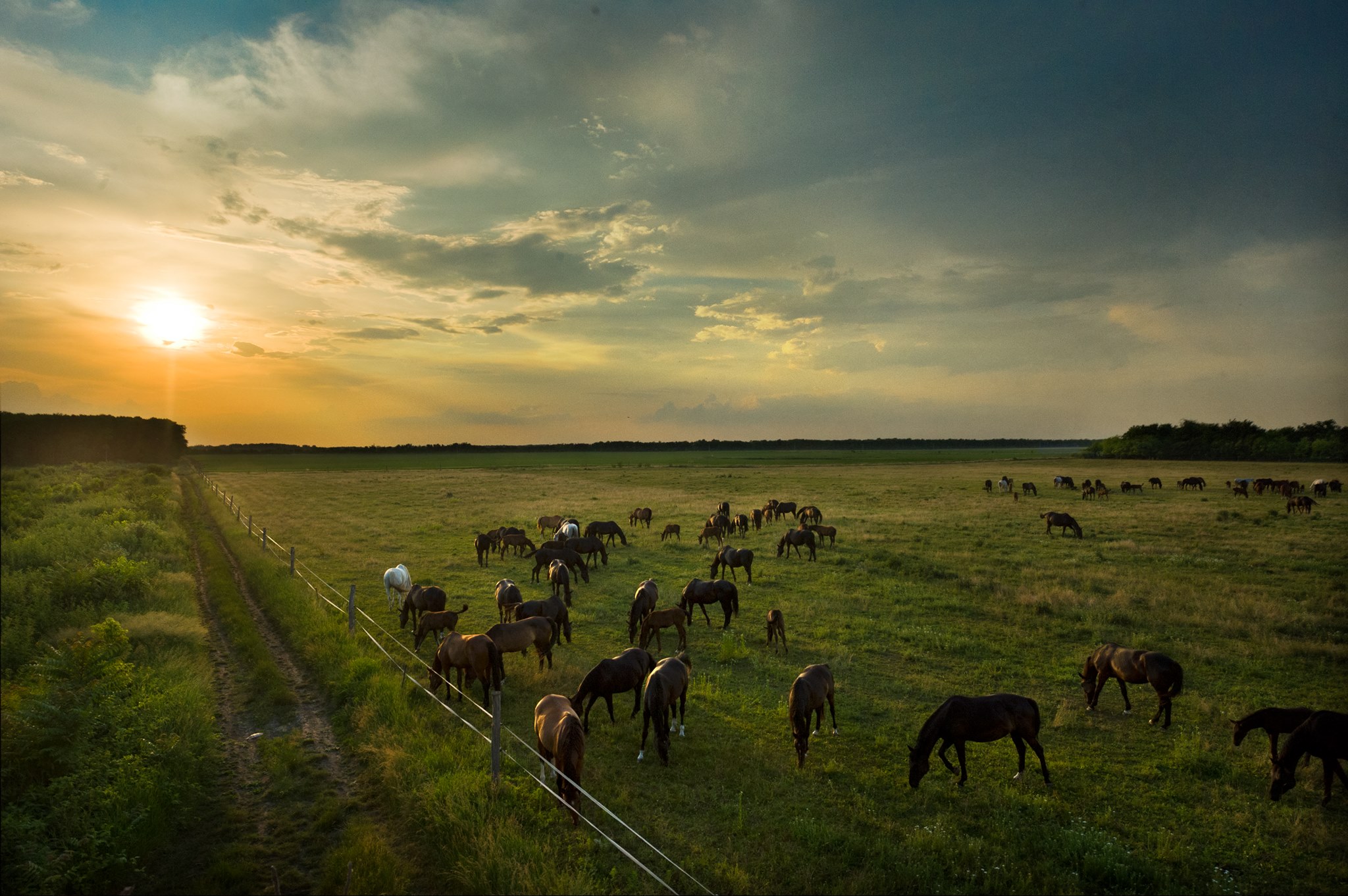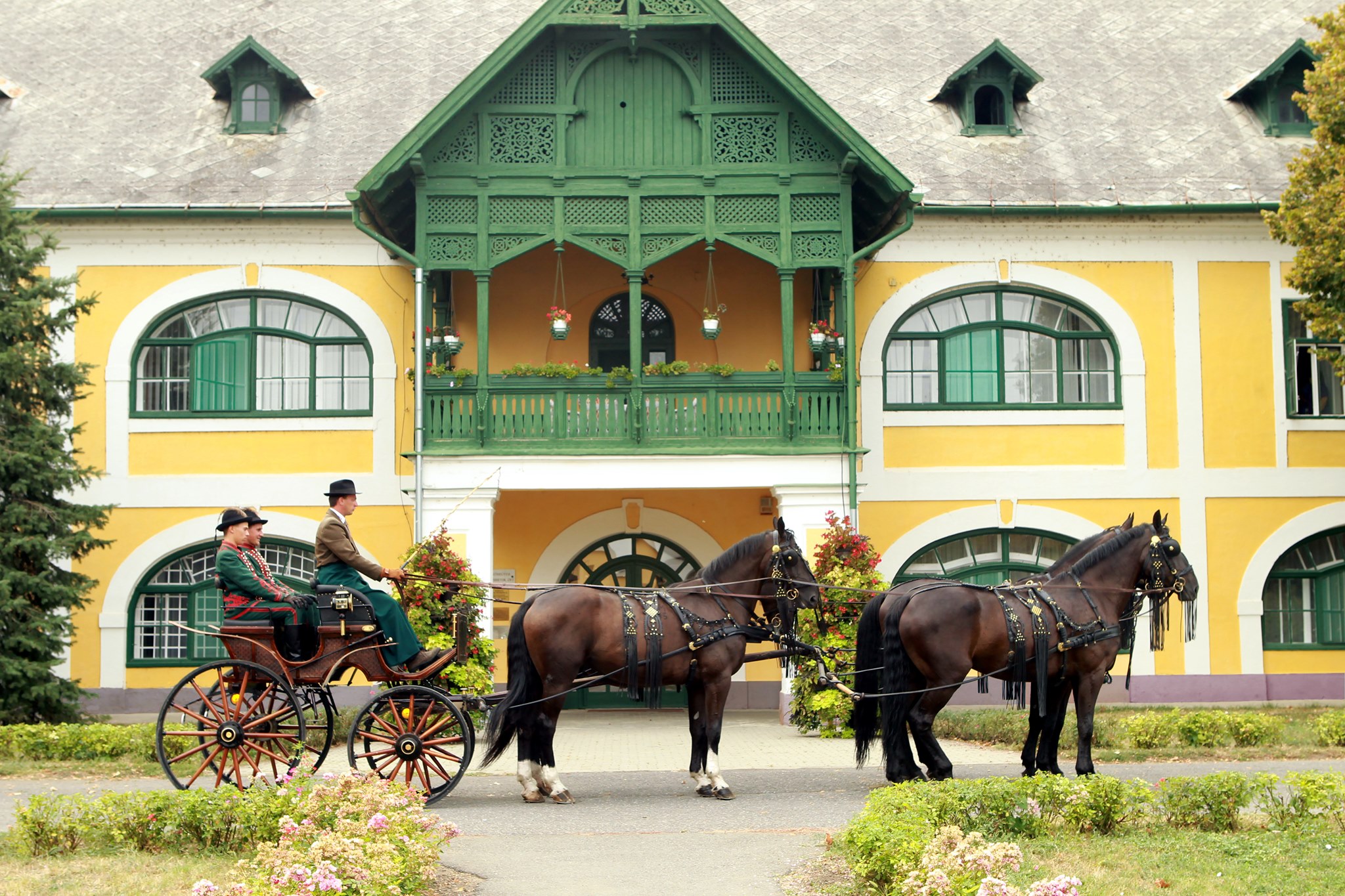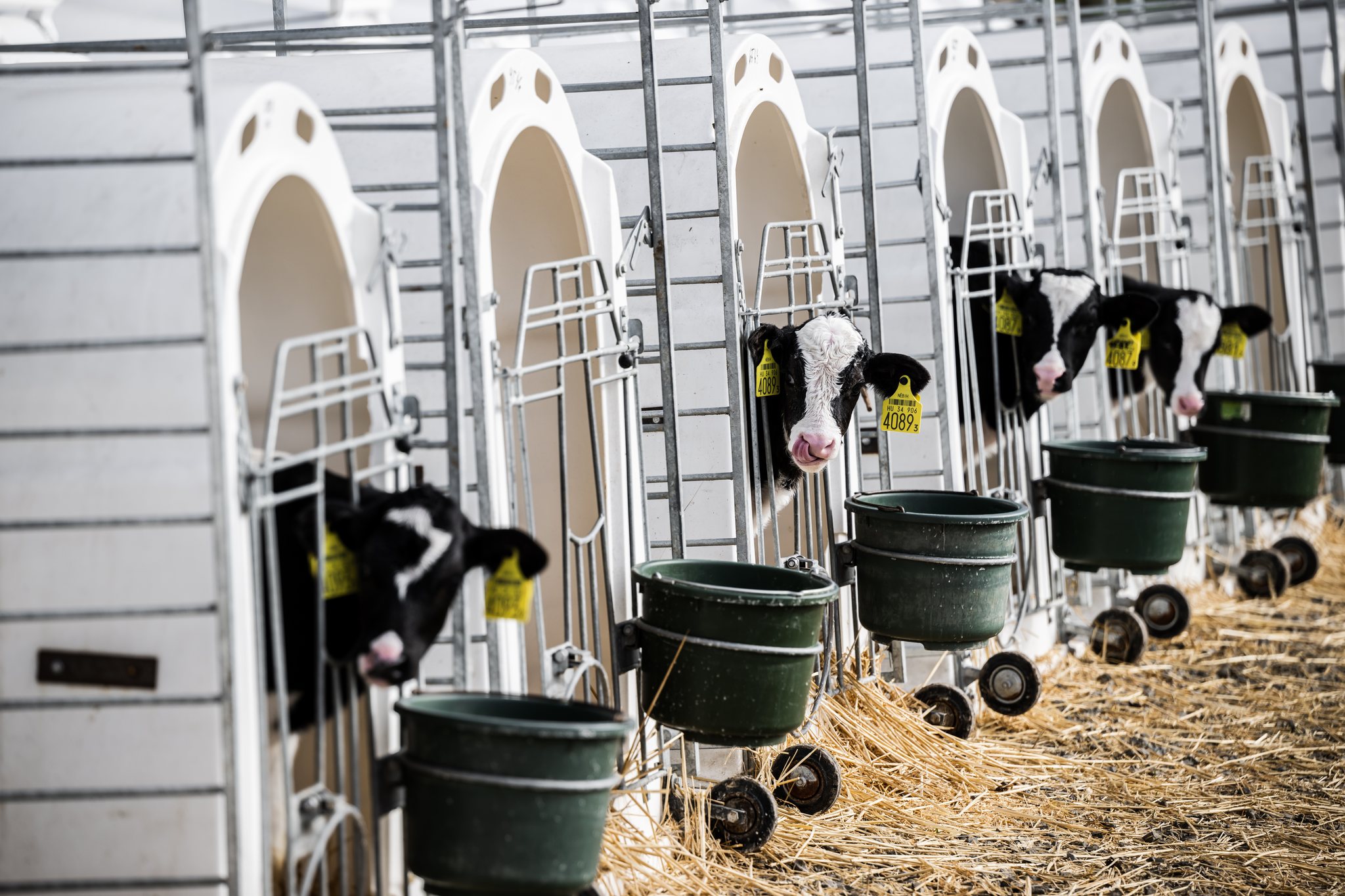
Hungary can stand out in the agricultural sector by offering premium or value-added products, which can make the future attractive for young adults through the most modern technologies, says János Lázár, Minister of Construction and Transport and chairman of the board of trustees of the Future Generation’s Land Foundation. He was interviewed by former President János Áder in the latest vlogcast of “Blue Planet.”
János Áder, chairman of the board of trustees of the Blue Planet Foundation, spoke to János Lázár about the progress made in the past five years by the Mezőhegyes Stud Farm in southern Hungary, whose shares are owned by the Future Generation’s Land Foundation. It was said that during the monarchy, the Hungarian Ministry of Agriculture revealed the treasure that the land here represents. It is the best quality arable land in the country, 10,000 hectares a piece, with an extremely high average quality.

Photo: Facebook/Nemzeti Ménesbirtok és Tangazdaság
An important date in the history of the estate was 2016, when the Hungarian state decided not to auction it off, after the previous unsuccessful privatization, but to keep it and try to prove that state property can be run profitably for the public good, while also having a social function.
The most important social function is to serve as a model for all Hungarian farmers in terms of the quality and efficiency of the farming practiced here,
Lázár stressed.
The State Stud Farm of Mezőhegyes, which is also an educational farm, was established in order to protect state property, to carry out training tasks related to certain branches of animal husbandry and crop production in a coordinated manner, to preserve the genetic stock of historical Hungarian horse breeds, to develop equestrian tourism, and to improve the employment situation in Mezőhegyes and its region.
The success of the estate and the excellence of its horses is due to its rich farmland, its excellent genetic horse population, and its high level of professionalism. Today, the State Stud Farm preserves the centuries-old values and traditions of Mezőhegyes. The activities are carried out in the more than 230-year-old historic buildings, which have been preserved in their original form and function.
Horse breeding is a priority sector, but tourism is also important, with the beauty of the lowland landscape, equestrian tourism and hunting opportunities all offering attractive programs in the area. A hotel can also be found on the estate, currently under renovation, surrounded by a fabulous forest setting.
Regarding the irrigation of the vast estate, the Minister said that they had to find the most efficient irrigation technology, which is now being used successfully. As a result, they have managed to irrigate twice as much land as before with 60 percent of the previous amount of water. Western technologies are very advanced in this field, but there is always a Hungarian added value, which Hungarian experts can use to adapt them to our own conditions, he highlighted.

Photo: Facebook/Nemzeti Ménesbirtok és Tangazdaság
If our goal is to make food production a priority, it is not enough to have tradition, but also to adapt and modernize,
Lázár emphasized, adding that the number of applicants at the agricultural vocational school in Mezőhegyes is three times higher than at the other schools, which proves that young adults find this modernized agriculture attractive and see a future in it.
Featured photo via Facebook/Nemzeti Ménesbirtok és Tangazdaság